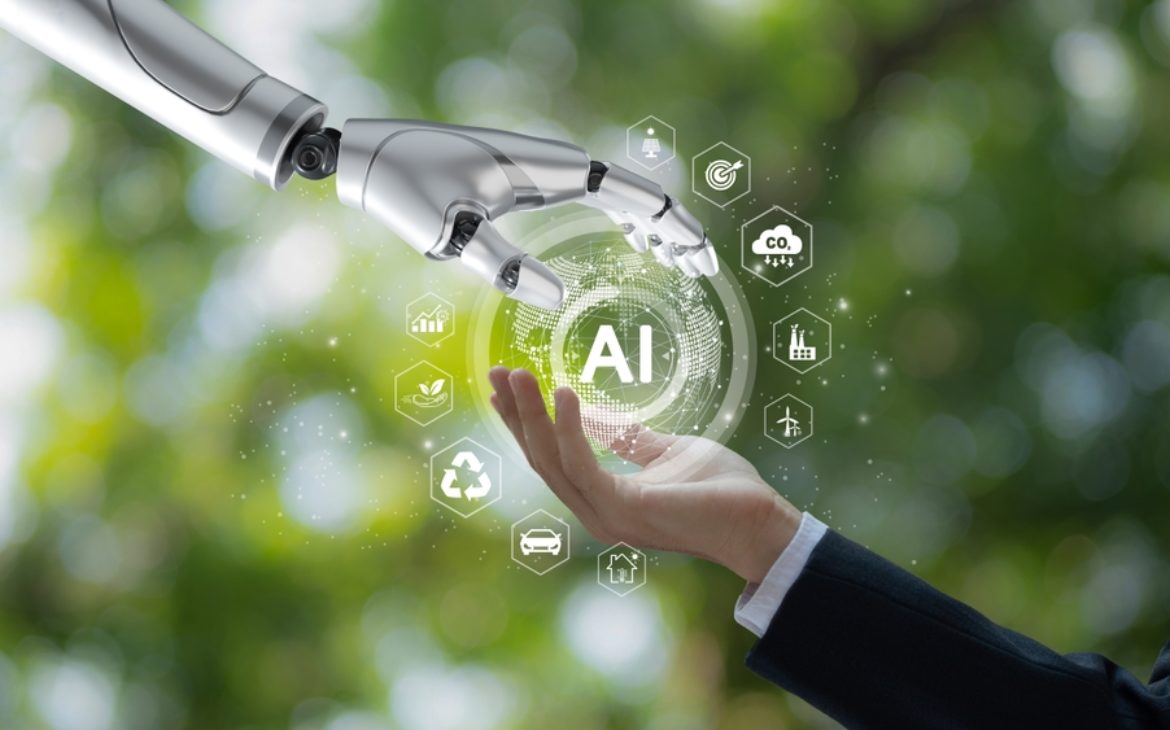Titled “Smarter Networks, Greener Planet,” the report explores how AI can play a crucial role in helping the telco sector achieve its sustainability targets.
While recognizing the energy demands of artificial intelligence, particularly with the integration of generative AI (GenAI) features into mobile applications, the report emphasizes its ability to enhance operational efficiency. AI applications in this context include optimizing energy consumption in mobile and fixed networks, as well as improving network construction processes through AI-powered video technologies.
The scale of the energy challenge posed by AI is underscored by findings in the report, which project that within two years, AI could consume between 85 and 134 terawatt-hours (TWh) of electricity annually, that is, about 0.5% of global consumption and comparable to the energy usage of the Netherlands.
Liberty Global’s CEO, Mike Fries, commented: “As data traffic continues to grow exponentially, we are committed to playing our part in reducing emissions throughout our networks and operations. We’re excited about the potential of AI to help us do this – and we’re already seeing the benefits in areas such as the optimization of energy use in our networks and making our network builds more efficient.”
The report also highlights the telecommunications industry’s history of innovation. For example, despite carrying 10 times more data than five years ago, energy consumption has remained relatively stable. This resilience underscores the potential of AI to maintain efficiency while managing future growth.
Dr. Harvey Lewis, EY partner for AI and the report’s author, noted: “While the scenarios we present are speculative, they highlight the strategic potential of AI in the telco sector. Success will depend on network collaboration across Europe, investment in skills and infrastructure to create more competition, and a holistic approach to AI adoption that balances immediate efficiency gains with long-term sustainability impacts.”
The report concludes on a positive note, presenting four possible scenarios for AI’s role in sustainability over the next decade. It predicts the most plausible outcome is one where AI minimizes the additional energy demands of increased data traffic while delivering numerous other benefits to the sector.
Source: Liberty Global
